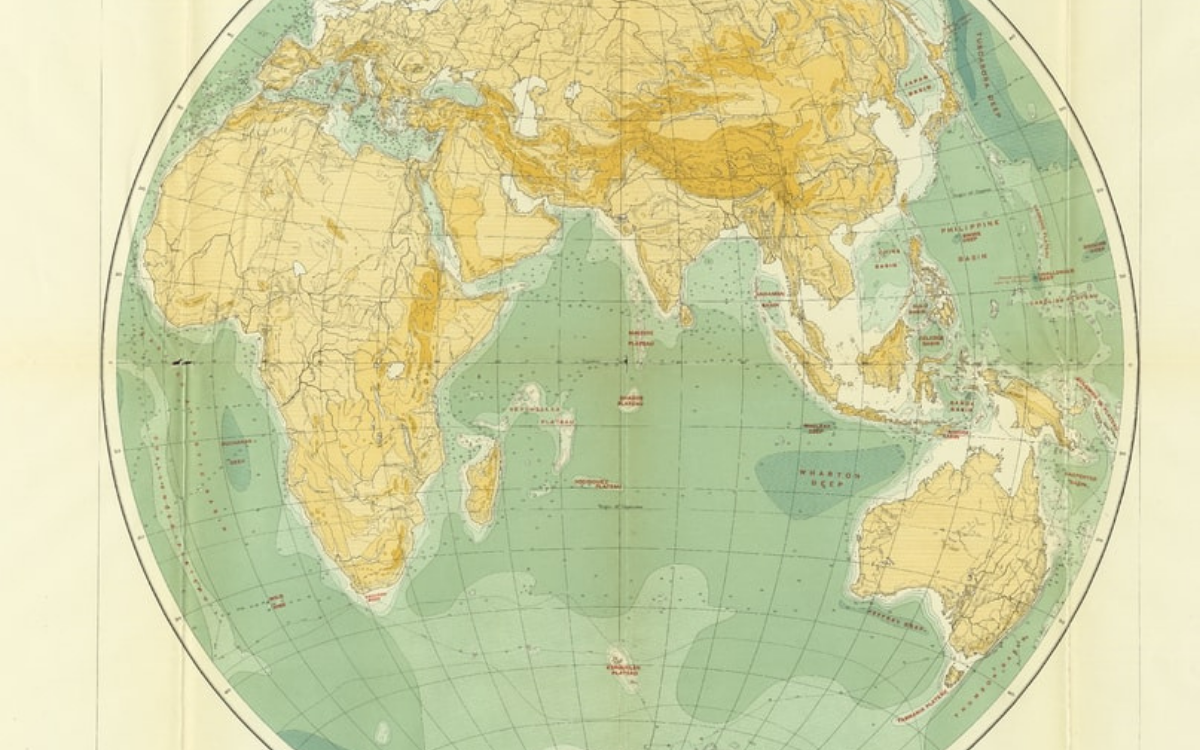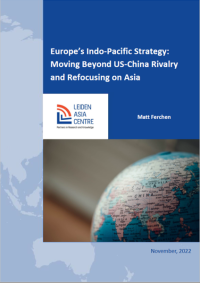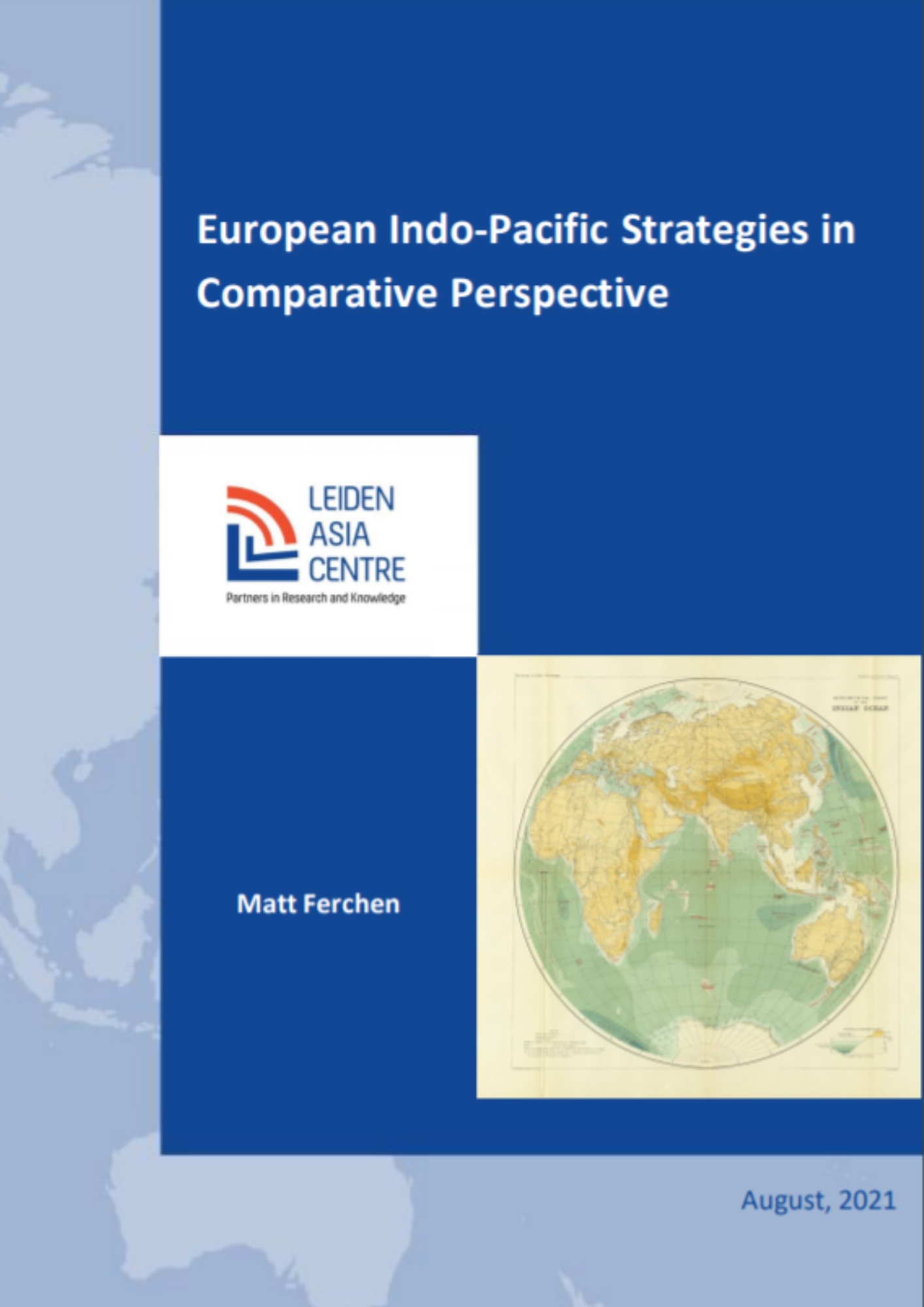Indo-Pacific Strategies

The notion of an “Indo-Pacific” region with important strategic, economic and geopolitical implications has become increasingly popular in recent years. The concept has been promoted primarily by democratic countries in the region. The first to do so was Japan, emphasizing ideas of open navigation and trade, a rules based order, connectivity and peace and stability in the Indo-Pacific.
Since the presidency of Obama, the interest of the U.S. in the region has grown, but it was under the Trump administration that the Indo-Pacific concept was fully embraced, resulting in an official strategy for the region. For the U.S., developing Indo-Pacific strategies is primarily aimed at responding to China’s growing political and economic influence in the region, and the country has looked for its regional allies to join this approach.
Although several more states and groups of countries, including the Netherlands, Australia, India, France and Germany as well as ASEAN and the EU, have indeed developed visions for the Indo-Pacific, they basically contain their own priorities and views on the region. This adds to a complexity of diverging perspectives and agendas for the Indo-Pacific.
AIM
Considering the heightened Dutch and broader European interest and focus on the Indo-Pacific region, the LeidenAsiaCentre has initiated efforts to systematically map and compare the diverging views of involved actors. This project aims to improve the understanding among the general public and policy makers in the Netherlands and Europe of the position and involvement of different countries, the issues that are at stake, and the agenda that various actors pursue.
SUBPROJECTS & REPORTS
Subproject: Transitioning Security Ordering in the Indo-Pacific – What Can India-EU Cooperation Look Like? (ongoing)
The LeidenAsiaCentre, the New Delhi-based Institute of Peace and Conflict Studies (IPCS), and the Friedrich-Ebert-Stiftung (FES) have embarked on a collaborative project titled, ‘Transitioning Security Ordering in the Indo-Pacific: What can India-EU Cooperation Look Like?’
Ever since the Indo-Pacific construct took off, discourse on it has witnessed steady growth. However, extant literature contains relatively limited analysis on how the construct influences transitions in regional security ordering. Shortcomings in the understanding of associated dynamics could risk the engendering of policy responses that may have inherent flaws. This policy report is an attempt to reduce the knowledge gap.
This eight-month study will develop insights and recommendations into a policy report and brief. This project aims to contribute to decision-making circles in EU and Indian policy communities by providing policy recommendations that may contribute to a stable transitioning of the Indo-Pacific’s security ordering.
Researchers
Richard Ghiasy (LAC), Rajeshwari Krishnamurthy (IPCS)
Report: Europe’s Indo-Pacific Strategy: Moving Beyond US-China Rivalry and Refocusing on Asia (nov 2022)

In August 2021, the first report of the Indo-Pacific Strategies Project was published, written by Dr Matt Ferchen. It discusses the growing interest of the European Union in the Indo-Pacific, and what this new focus might mean for its China policies. What are the core objectives of the European Indo-Pacific strategy and how do they compare to the policies of other countries?
Shortly after the publication of this report, the EU published its “Strategy of for Cooperation in the Indo-Pacific”, which set out the bloc’s priorities for engagement with the Indo-Pacific. In the same week a security partnership between Australia, the United Kingdom and United States was announced, dubbed AUKUS. This announcement undermined a previous agreement between Australia and France, and called into question with whom the EU might cooperate in the Indo-Pacific.
All these developments asked for a new report on where the EU’s Indo-Pacific strategy was heading. However, there were two events that overshadowed this discussion: The French presidential elections in April 2022, and more importantly, Russia’s invasion of Ukraine in February 2022. This report therefore takes a broader view, examining the implications of the dramatic events surrounding the Russian invasion of Ukraine for Europe’s approach to the Indo-Pacific.
Report: European Indo-Pacific Strategies in Comparative Perspective (aug 2021)
LeidenAsiaCentre researcher Matt Ferchen has written the first report in a series of publications and workshops on the topic, titled “European Indo-Pacific Strategies in Comparative Perspective“. The report discusses the origins of the growing interest in the notion of the Indo-Pacific, what a focus on this region means for European and other regions’ or countries’ China policies, and the core objectives of the European Indo-Pacific strategy as well as how this compares to the policies of other countries.


